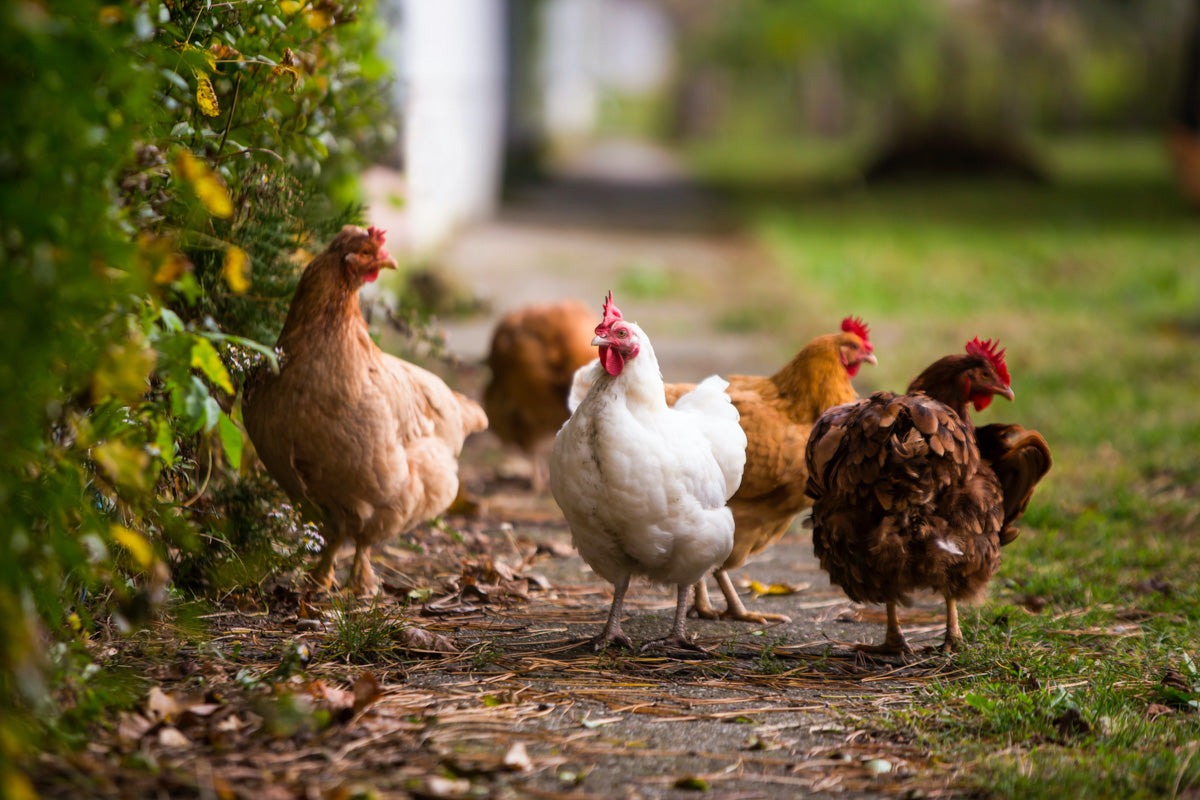Roundworm is a common parasitic infection that affects chickens worldwide. These worms live in the chicken's digestive system and can cause a range of health problems, including weight loss, decreased egg production, and even death in severe cases.
Chickens can become infected with roundworms through contact with contaminated soil or feces, as well as through ingesting infected insects. Symptoms of roundworm infection in chickens include diarrhea, decreased appetite, and a rough, dull-looking coat.
Preventing roundworm infection in chickens involves good sanitation practices, such as regularly cleaning and disinfecting the coop and providing fresh bedding. Additionally, chickens should have access to clean water and a balanced diet to help boost their immune system and prevent infection.
If a chicken is suspected of having a roundworm infection, a veterinarian can perform a fecal exam and recommend a treatment plan that may include deworming medication. Early detection and treatment can help prevent the spread of infection and keep your flock healthy.




